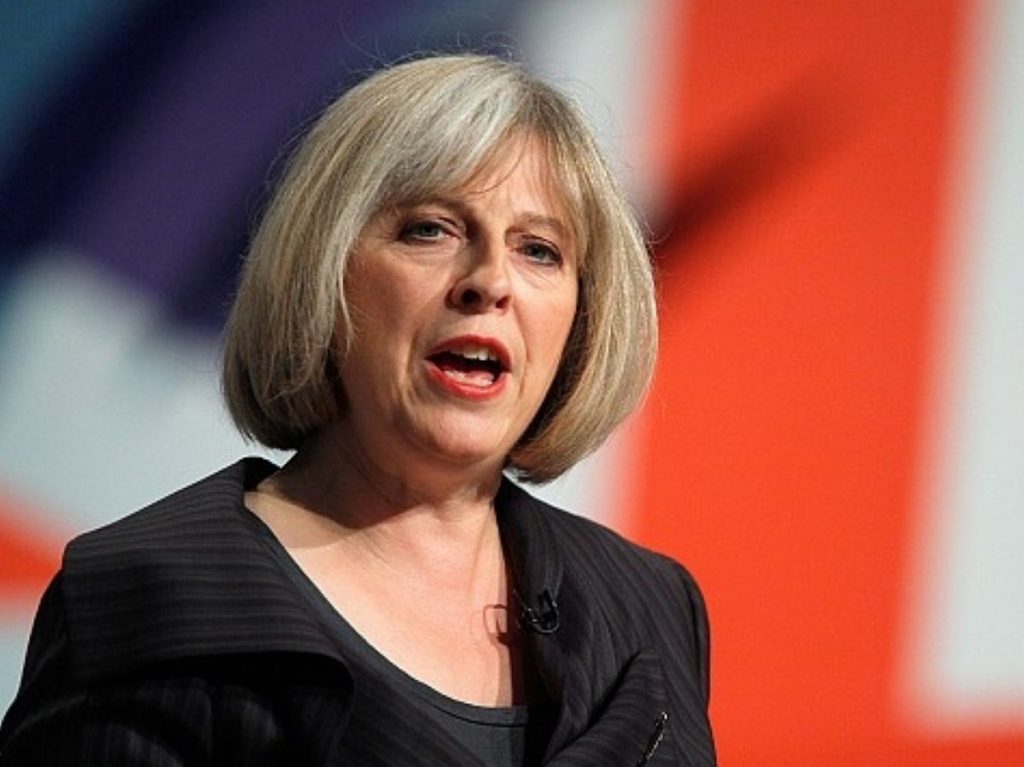The end of al-Qaida? New threats revealed
By Ian Dunt
Al-Qaida has been radically weakened but many smaller groups are takings its place, the home secretary has revealed.
In her first keynote speech on counter-terrorism since entering the post, Theresa May also revealed that an operative from al-Qaida in the Arabian Peninsula (AQAP) had been arrested in Britain earlier this year.
The speech, which delivered an altogether more varied and complex assessment of the threat facing Britain from the narrative presented to the public in the wake of September 11th, insisted that Pakistani, American and British actions had radically reduced the influence of al-Qaida.


“Al-Qaida is not the organisation it once was,” Ms May said.
“Many other terrorist groups now aspire to attack us.”
Apart from AQAP, which Ms May accused of producing propaganda which led to the attempted stabbing of MP Stephen Timms, the home secretary also listed Al Shabaab in Somalia.
“It thrives in a failed state,” she said.
“It has aspirations beyond Somali borders. We know that people from this country have already gone to Somalia to fight. It seems highly likely, given experience elsewhere, that if left to their own devices we would eventually see British extremists, trained and hardened on the streets of Mogadishu, returning to the UK and seeking to commit mass murder on the streets of London.”
Ms May also pointed to al-Qaida in the Maghreb in north Africa.
“Developments of this kind point to a wider trend,” she argued.
“The terrorist threat we face is developing. We see the continued emergence of a more diverse and devolved terrorist threat, without a strong, directive and commanding centre and joined more by ideology than hierarchy.”
The speech comes just days after the home secretary extended new restriction on air freight in the wake of the attempted terrorist attack over the weekend.









